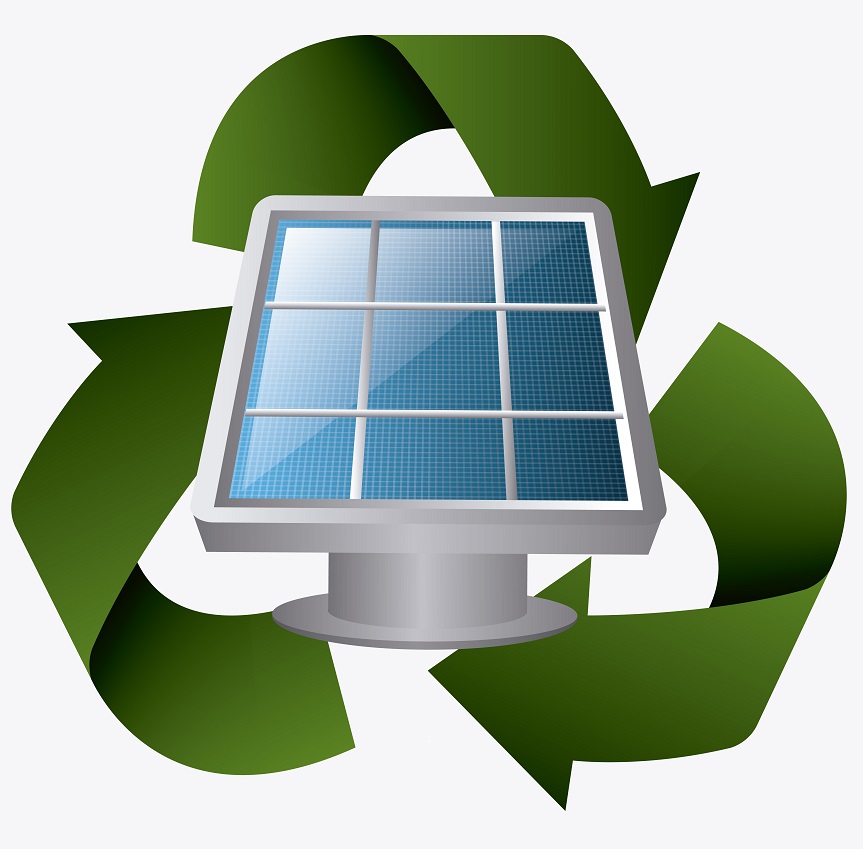Right Now
Solar Panel Recycling Market: Regulations and Government Policies
As the global shift toward renewable energy accelerates, solar power has emerged as a leading solution for sustainable electricity generation. However, with millions of solar panels nearing the end of their 25–30-year lifespan, the need to manage solar waste is becoming critical. This has sparked the rise of the Solar Panel Recycling Market, a sector focused on recovering valuable materials and minimizing environmental impact.
According to BIS Research, the solar panel recycling market was valued at $404.3 million in 2024, and is anticipated to grow at a CAGR of 16.50%, reaching $1,862.2 million by 2034.
What is driving the growth of the solar panel recycling market globally?
Rising Volume of Decommissioned Panels: As early solar panel installations reach retirement, a massive wave of solar waste is expected—estimated to reach 78 million tonnes globally by 2050.
Government Regulations: Countries like the U.S., Germany, France, and Japan have introduced frameworks for solar panel recycling under broader e-waste or renewable energy laws.
Resource Recovery & Circular Economy Goals: Recycling allows recovery of valuable materials like silicon, silver, copper, and rare metals, aligning with sustainability and resource conservation goals.
Technological Advancements in Recycling: Innovations in mechanical, thermal, and chemical recycling processes are improving material recovery rates and reducing the cost of recycling.
Producer Responsibility & ESG Commitments: Solar manufacturers are increasingly adopting Extended Producer Responsibility (EPR) policies and integrating recycling into their ESG strategies.
Policy Support and Regulatory Frameworks Fueling Market Growth
Governments globally are enacting policies to boost renewable energy adoption while tackling solar waste challenges. Many regions have introduced Extended Producer Responsibility (EPR) and product stewardship programs, requiring manufacturers to manage end-of-life solar panels. Additionally, recycling and reuse targets for PV components are being set, encouraging innovation and expanding the solar panel recycling market.
Request A Detailed Sample on the Solar Panel Recycling Market
What government policies and incentives are driving the adoption of the solar panel recycling market?
The solar energy sector has witnessed remarkable growth in recent years, driven by falling costs, technological progress, and rising environmental consciousness. According to the International Energy Agency (IEA), global solar PV capacity surpassed 700 GW in 2021 and continues to rise. This boom in installations is now leading to a growing volume of end-of-life panels requiring efficient recycling solutions.
Future Outlook
The solar panel recycling market is set for exponential growth as aging solar systems are decommissioned in larger numbers. Strengthening regulatory frameworks, continued innovation, and a stronger emphasis on circular economy practices will play key roles in shaping a sustainable future for the solar industry.
Trending FAQ on Solar Panel Recycling Market
Which regions lead the solar panel recycling market?
Europe leads the solar panel recycling market due to strong regulations, advanced recycling infrastructure, and circular economy initiatives, followed by North America and Asia-Pacific with rising adoption.
What are the challenges in solar panel recycling?
High recycling costs, complex panel material composition, and lack of standardized processes remain challenges, slowing efficient large-scale recycling and market growth worldwide.
Who are the leading players in the solar panel recycling market?
First Solar, Inc.
Sharp Corporation
Trina Solar
We Recycle Solar
Reiling GmbH & Co. KG
Yingli Energy Co. Ltd
Conclusion
The solar panel recycling market is rapidly gaining momentum as solar installations mature globally. With growing waste volumes, resource recovery potential, and policy support, recycling offers a sustainable path forward. As technologies evolve and awareness spreads, this market will be essential in closing the loop on clean energy production—supporting both environmental and economic sustainability.
More Posts

Report This Post
Please complete the following requested information to flag this post and report abuse, or offensive content. Your report will be reviewed within 24 hours. We will take appropriate action as described in Findit terms of use.





















